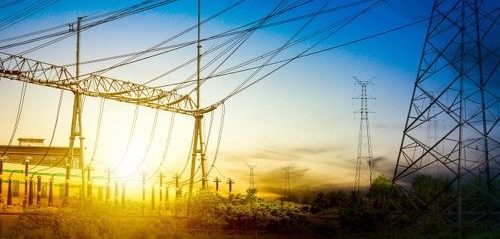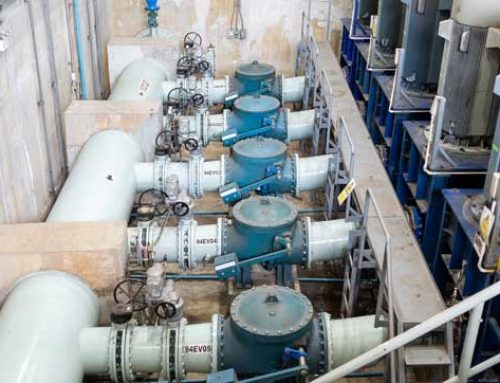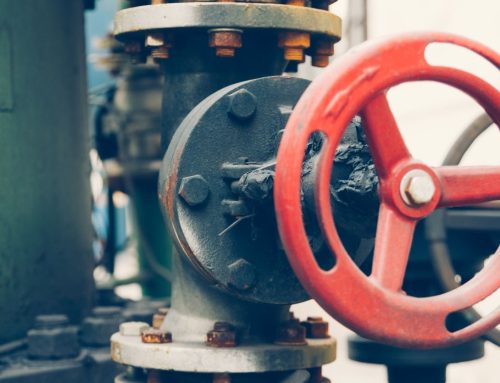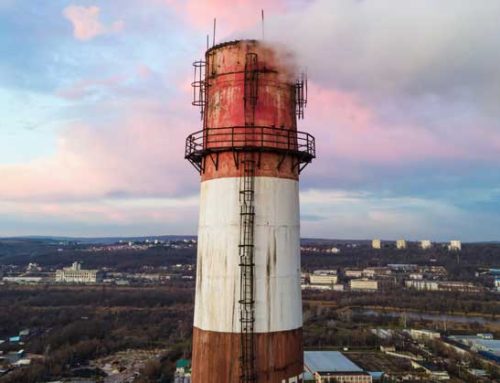Effective filtration of power generation engines is critical in order to avoid costly downtime and repairs. Industrial filtration systems remove contaminants from the engine oil, fuel, and coolant before they can cause damage. By preventing wear and corrosion, industrial filters help power generators run more efficiently and last longer.
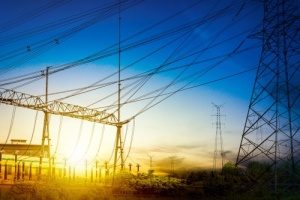
In this article, the industrial filtration experts at Advanced Filtration will discuss the different types of industrial filtration systems and how they work to protect power generators. We will also touch on the importance of proper maintenance and replacement of filters to keep power generators running smoothly.
Why is filtration so important for power generators?
Industrial filters are important because they prevent wear and corrosion by removing contaminants before they can cause damage. They also help power generators run more efficiently by preventing clogs and keeping engines clean.
Without effective filtration, power generators would be at risk of damage from dirt, dust, and other airborne contaminants. This could lead to a loss of power or even a complete shutdown of the generator.
That’s why it’s so important to have an industrial filtration system in place to protect your investment. Not only will it save you money in the long run, but it will also keep your power generator running smoothly and efficiently.
What are the different types of filters available for power generators?
Generally speaking, there are three main types of industrial filtration systems:
- Air filters
- Oil filters
- Fuel filters
Air Filters in Power Generation
Air filters remove contaminants from the air intake to prevent them from entering the engine. Air filtration is especially important for power generators because they often operate in dusty or dirty environments.
Oil Filters in Power Generation
Oil filters remove contaminants from the oil to keep it clean and lubricated. Proper oil filtration is essential for preventing engine damage as it helps to remove metal particles, water, and other contaminants that would otherwise cause wear and tear.
Fuel Filters in Power Generation
Fuel filters remove contaminants from the fuel to prevent them from clogging up the engine. Fuel filtration is especially important for power generators because they often use diesel fuel, which can be very dirty.
While fuel, oil, and air filters are the most common types of filters used in power generators, there are other types of filters that are also important. For example, coolant filters help to keep the coolant clean and prevent it from becoming contaminated with metal particles or other contaminants.
What are the benefits of using industrial filtration?
Industrial filtration can provide many benefits for power generators, including:
- Improved efficiency: Filters help to keep the engine clean, which can improve its efficiency.
- Reduced wear and tear: By removing contaminants from the fuel and oil, filters can help to reduce wear and tear on the engine.
- Longer life: By keeping the engine clean and reducing wear and tear, filters can help to extend the life of the engine.
- Less downtime: By keeping the engine clean and running smoothly, filters can help to reduce downtime.
- Lower maintenance costs: By reducing wear and tear and extending the life of the engine, filters can help to lower maintenance costs.
Filters are a critical part of the power generation cycle.
Industrial filtration is an important part of power generation for many reasons. By improving efficiency, reducing wear and tear, and extending the life of the engine, industrial filtration can help power generators run more smoothly and reliably.
In addition, by lowering maintenance costs, industrial filtration can help power generators save money.
Look to Advanced Filtration for your industrial filter needs.
Proper industrial filtration should be a priority for the energy industry. For the best prices and selection on filters for the power and energy industry, or in any industry, call Advanced Filtration today.

